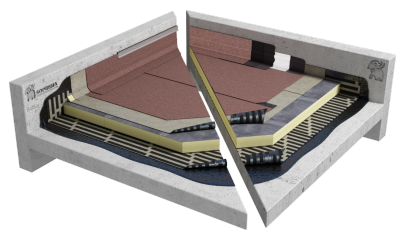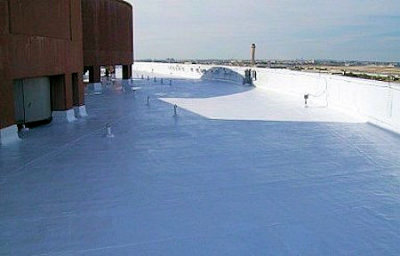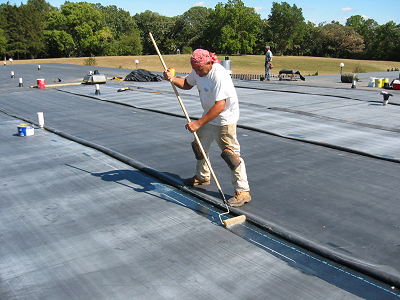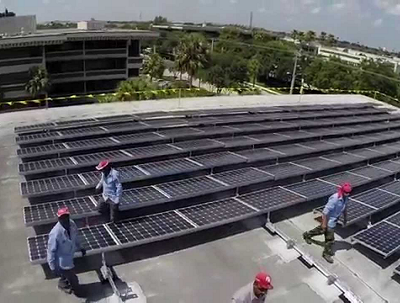Home » Services
Services
4 quality layers of protection
Meet the Cheesecake!
Commercial roofing experts
Since 1981 | Licensed NY, NJ and FL I Lic: CCC1330287
Modified bitumin roof
A very popular a membrane system that has been used in North America since the mid-1970s!
High quality TPO roofing
A very popular thermoplastic membrane that's durable, reduces cost and is waterproof!
Consider epmd roofing
For Premium Protection and Durability
Solar Panels
Solar panels for commercial buildings are a smart business decision.
Are you prepared?
Hurricane season june 1 - nov 30
Spray Foam Roofing
Spray Polyurethane Foam Roofing, or spray foam roofing, is a material that’s sprayed as a liquid so it can expand into a foam, creating a solid layer across an existing roof. … An SPF roofing system can be used in any climate, and when correctly installed and maintained, can last over 50 years.
See the benefits below:
- Ideal for low-pitched roofs
- Energy efficient
- Easy to install
- Lightweight
- Long lasting (when properly maintained)


Modified Bitumin Roofing
Modified Bitumen (MB) roofing is an asphalt-based, close cousin of the Built-up-Roof (BUR) designed for buildings with low-slope or “flat” roof structures. … Modified Bitumen Roofing Systems are designed to withstand harsh exposure to extreme environmental elements. It is important to note that modified bitumen roofs have a solid roof lifetime of approximately twenty years. This is an estimate that does not include good roofing maintenance.
See the benefits below:
- Seamless Connections
- Leak Resistance
- UV and Heat Resistance
- Tear Resistance
- Weather Resistance
- Style Options
TPO Roofing
Thermoplastic Polyolefin is a single-ply roofing membrane that is one of the fastest-growing commercial roofing systems on the market. TPO roofing systems are made up of a single layer of synthetics and reinforcing scrim that can be used to cover flat roofs. TPO membranes are manufactured in sheets that are 10, 12, or 20 feet wide. These sheets are then rolled up and taken to the commercial facility. TPO has gained industry acceptance with the natural reflective surface to reflect UV rays. As reported by the National Roofing Contractors Association (NRCA) TPO takes up about 40% of the commercial roofing market share.
See the benefits below:
- Customer Choice of Insulation
- Class A Fire-Rated
- Reflective or Retentive (it's white!)
- Saves money
- Lasts approximately 15-20 Years
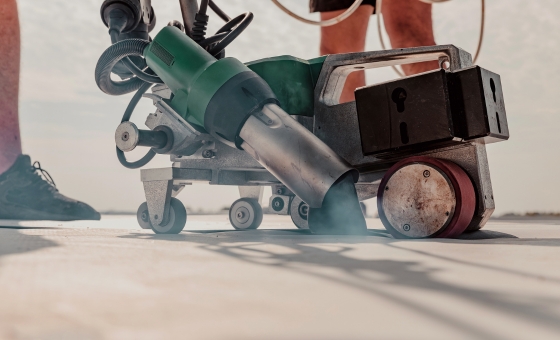
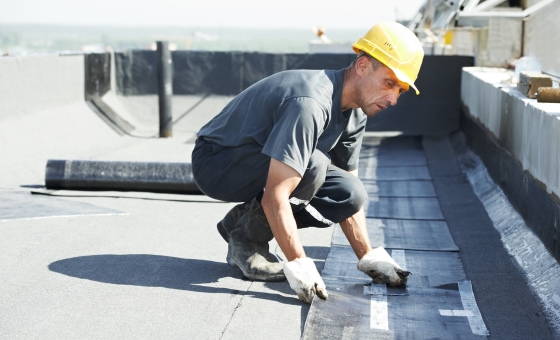
EPDM Roofing
EPDM is an extremely durable synthetic rubber roofing membrane that is used worldwide. Its superior durability and cost-effectiveness are part of what makes EPDM one of the most popular flat roof systems installed in the U.S. today. EPDM rubber roofing has more benefits than most other roofing methods. It is a strong, durable and resistant material which is easy to repair should damage happen. It is no wonder that this product is getting more and more popular with our clients.
See the benefits below:
- Long Lasting & Low Maintenance
- Environmentally Friendly
- If there's damage, it's easy to repair
- Customized Solutions for your roof
- No blistering, cracking or rotting
Metal Roofing
Metal is often what people think of when they imagine an industrial building’s roof. Its high level of durability makes it an obvious choice for buildings that need to be protected against damage. People often worry about rust and dents when it comes to metal roofs, but metal roofing is not really susceptible to denting, and many are built to resist rust for 40 years.
See the benefits below:
- High fire resistance
- Versatility
- High Durability
- Wind Resistance
- Holds up well under snow

Built-Up (BUR) Roofing
Built-up roofs (BUR) are named after their application method rather than the materials used to make them. These kinds of roofs have been used for decades, and will likely be found on any old building that you purchase. If you’ve ever stood upon a roof with a gravelly appearance, it’s a BUR. The materials in a BUR are applied in multiple layers, hence the name. The base layers will generally be tar or asphalt, and the top layer is usually gravel. Built-up roofs can only be applied to a roof with little-to-no slope. While a BUR doesn’t have as many benefits as a lot of the other roofing types, it’s a dependable roof that will often cost the least amount of money.
See the benefits below:
- Waterproof Seal
- UV Resistance
- Low Maintenance
- High Durability
- Low Cost
Here are the Stats
Seamless
Lightweight
Flexible
Sustainable
GOODTrustindex verifies that the original source of the review is Google. another roof , another great job. weathertight knows their craft. best roofer i have ever used on commerical buildings . i even have a 10 year old roof that weathertight surfaced and it looks brand new 10 years later!!!Trustindex verifies that the original source of the review is Google. Weathertight employees showed up on time, worked very hard, and were very professional. I would definitely recommend this company again. Thank you Steve great job!Trustindex verifies that the original source of the review is Google. Quality workTrustindex verifies that the original source of the review is Google. We had 4 roofs in our association redone Atlantic Cloisters in Boca Raton the work was completed in a professional timely manor and there was never a mess . And we saved a lot of money over competitive bids Thank you SteveTrustindex verifies that the original source of the review is Google. We have a Commercial Condo Office Building in Davie Florida and required a completely new roof. We contacted numerous roofing companies and settled on Steve Barbuto at WeatherTight Systems, 180 NE 32 Court, Fort Lauderdale, Florida. The reason I mention the address is that because there are several companies with similar names. We were giving a simple neat contract, negotiations were professional, and when the time came for the roof installation the work was completed timely and with good results. We did have a minor conversation about some field changes to the work and the contract but Mr. Barbuto again was professional and accommodating and the matters were resolved amicably. I personally own one Condo Office in the Building but have had years of experience with roofing contractors as we are Professional Property Managers. I highly recommend Mr. Barbuto and WeatherTight Systems and suggest you call them for your roofing needs.Trustindex verifies that the original source of the review is Google. I highly recommend WeatherTight roofing, I have contracted them for multiple roof projects over the years, and the quality of work and product is unmatched. Not only are they very detailed throughout the process, the final product is a roof that will last much longer than your standard roofs.


